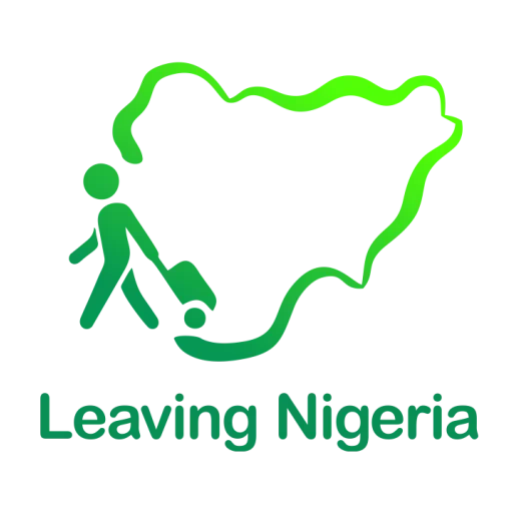The White House has moved to clarify details surrounding the controversial $100,000 H-1B visa fee, easing some of the confusion that spread across global business communities last week. Officials confirmed that the surcharge will apply only to new applicants and not to current visa holders or those seeking renewals. While this announcement provides relief for existing workers, it has also sparked fresh debates about how the policy could reshape global talent mobility, particularly for countries like India and Nigeria.
A Rocky Week for Businesses and Workers
For decades, the H-1B visa has been a vital lifeline for U.S. employers seeking to fill roles that require highly skilled foreign talent. From Silicon Valley software engineers to medical researchers in top hospitals, the program fuels innovation and keeps America competitive on the world stage.
When the fee announcement was made, however, uncertainty gripped the industries. Tech giants, including Microsoft, Alphabet, and Amazon, scrambled to reassure employees, advising them to avoid international travel until the rules were clarified. Industry groups described the confusion as disruptive, warning that even temporary policy ambiguity can weaken U.S. companies’ ability to attract and retain talent.
Officials argue that the new fee ensures the program truly prioritises high-skilled labour while protecting the domestic workforce. Critics counter that such a steep surcharge risks pricing out capable professionals and undermining America’s reputation as the go-to destination for innovation.
India Pushes Back on Policy Changes
India, which accounts for more than 70 per cent of approved H-1B visa applications, responded swiftly. The Ministry of External Affairs emphasised that the movement of skilled workers has long supported technology development, economic growth, and wealth creation in both countries.
Randhir Jaiswal, the ministry’s spokesperson, expressed concern about humanitarian consequences. Families relying on visas for stability and opportunities may face disruption, while companies could see reduced collaboration and innovation. India has begun consulting with industry leaders and is expected to engage diplomatically with Washington to mitigate the potential fallout.
Nigeria and Africa’s Growing Stake
While India dominates H-1B statistics, Nigeria is also deeply invested in the outcome. The West African nation has seen a steady increase in skilled professionals, particularly in technology, healthcare, and finance, seeking opportunities in the U.S. For many Nigerians, the H-1B visa is not just a career stepping stone but also a pathway for transferring skills and providing financial support to families back home through remittances.
Analysts warn that the $100,000 fee could deter participation from professionals in developing economies. A Lagos-based policy expert noted that it might create “fresh bottlenecks” in global talent exchange, slowing the growth of Nigeria’s burgeoning tech ecosystem. Other African nations observing similar trends could also be impacted, amplifying concerns about inequality in access to global opportunities.
READ MORE:
All You Need To Know About the Updated Nigerian Tax Reform Bill
A Broader Immigration Crackdown
The new surcharge does not exist in isolation. It is part of a wider Trump-era push to tighten U.S. immigration. This year alone, authorities have revoked over 6,000 student visas, and plans are underway to reintroduce a visa bond scheme, which would require certain visitors to deposit as much as $15,000 before entering the country. Applicants are also required to provide five years of social media history, a policy that has been globally criticised as invasive and discouraging.
Together, these measures create an atmosphere of unpredictability for foreign workers, students, and employers who rely on consistent immigration policies.
What Lies Ahead?
Although the White House has clarified that existing holders are unaffected, businesses remain cautious. Many fear additional changes could be introduced with little warning, affecting long-term planning and workforce stability. For India, the priority will be to ensure skilled professionals continue to move freely, maintaining the strong technology and innovation ties between the two nations. For Nigeria and other emerging economies, the bigger worry is whether higher barriers will choke the global circulation of expertise that fuels local growth.
What is certain is that the $100,000 H-1B visa fee has already reshaped expectations. Although the burden falls primarily on new applicants, it signals a more expensive and restrictive era of immigration. The ripple effects are likely to be felt worldwide, influencing company strategies, individual career decisions, and the future of global talent mobility for years to come.





